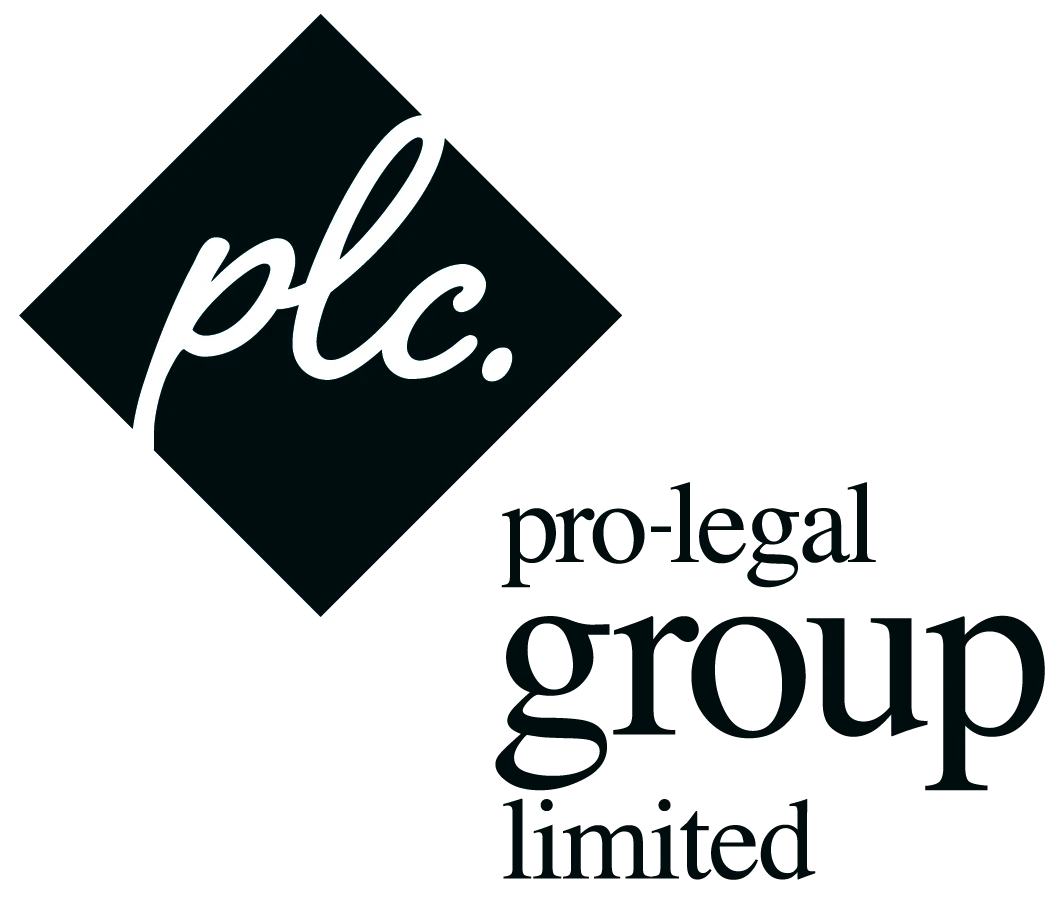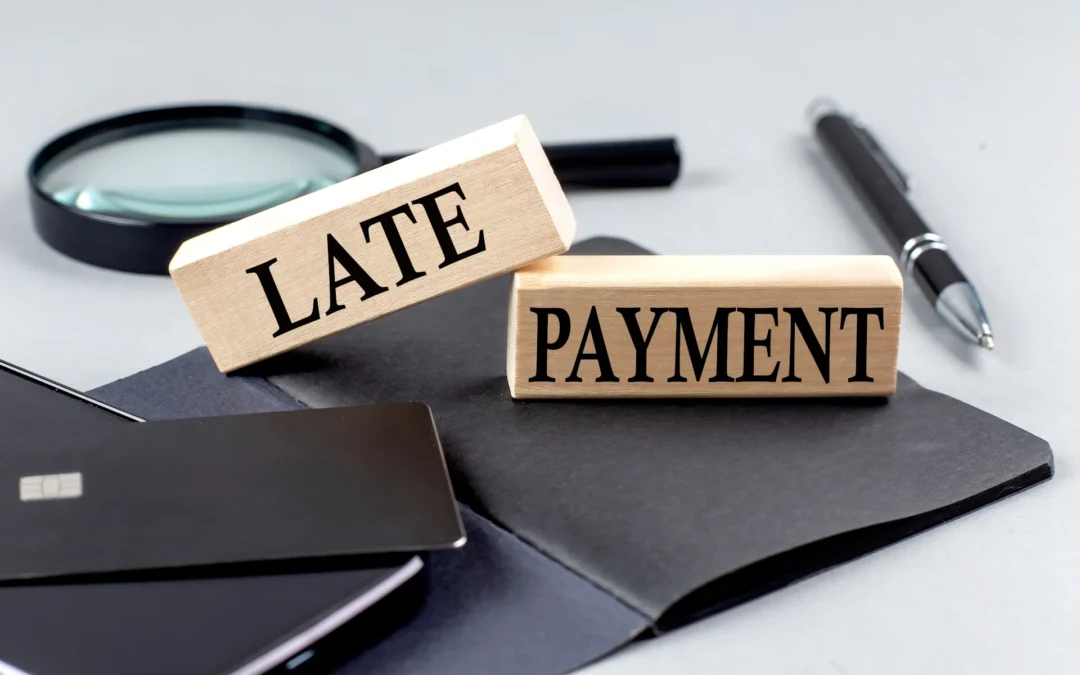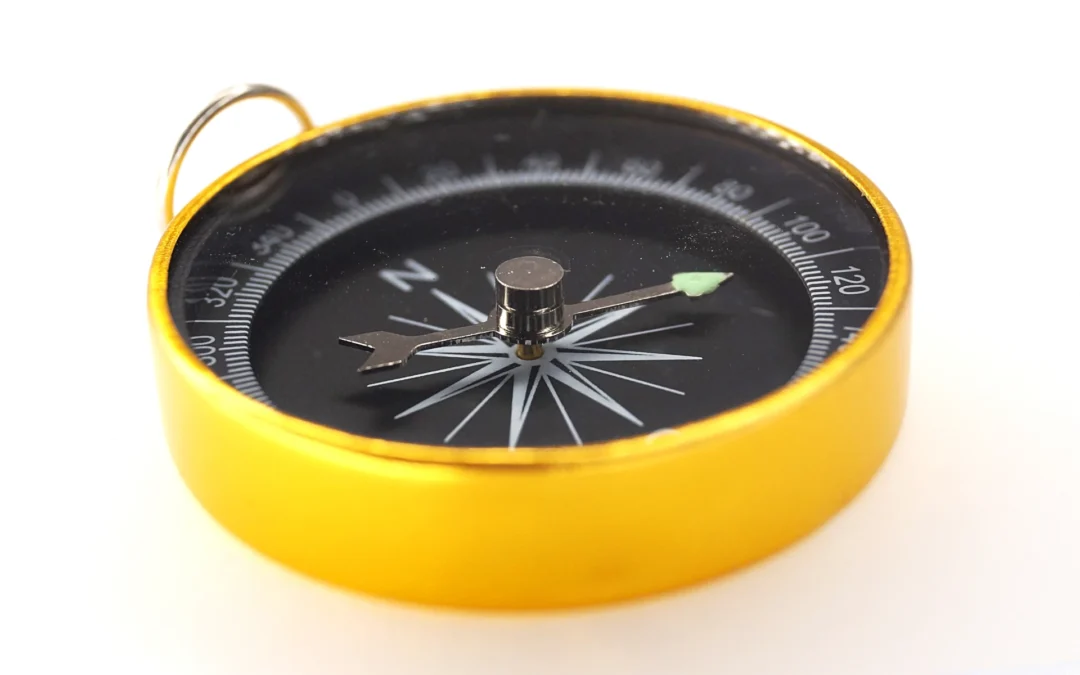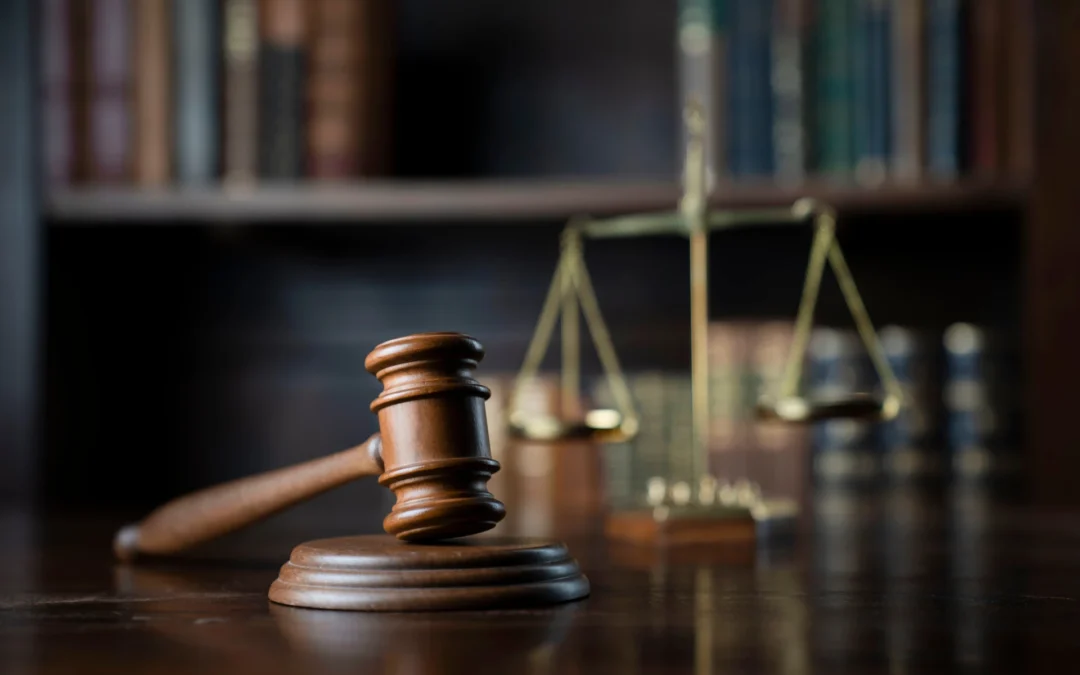Thousands more people who are struggling in problem debt will be able to apply for their payments to be written off after an extension on current rules came into force at the end of June 2021. Debt Relief Orders (DROs) can now be used if you owe a maximum of £30,000 up from the previous limit of £20,000.
It means people will be given greater options if they are in arrears, including on bills such as council tax. People in debt with £75.00 or less leftover each month after covering bills and everyday expenses will be able to get a DRO – previously the amount was set at £5.00. Those with savings or assets worth £2,000 or less are now eligible for a DRO, this was previously £1,000.
A DRO means you do not have to repay debts for an agreed period, usually a year, and creditors cannot act against you. Previously the limit to apply for a DRO was £20,000 and anyone with debts over this amount had to go for a more complication individual voluntary arrangement (IVA) or bankruptcy.
It is estimated that around 13,000 people a year will now be eligible for a DRO, although the support costs a one-off payment of £90 to access. The change to DRO rules follows a consultation by the insolvency service earlier this year. It also includes a doubling of the limit on the value of assets owned to be eligible.
DROs are aimed at people with relatively low levels of unmanageable det who have nothing to offer their creditors, such as assets or disposable income, and for whom bankruptcy would be a disproportionate response. The order freezes your debt repayments and interest for a year. If your financial situation has not changed at the end of this period, then all the debts included will be written off.
Commenting on the news, Martin Kingman, CEO with Professional Legal Collections Ltd, said “A Debt Relief Order is simpler and cheaper than other debt options. If you qualify then it is always a better option for you than an Individual Voluntary Arrangement as you do not have to make any monthly payments in a DRO, compared to paying for five or six years in an IVA”.
To get a DRO you will need to apply through a trained advisor who can make the application on your behalf to the Insolvency Service. The application costs £90 and can either be accepted, deferred until there is more information, or declined.
If you are turned down, you will be told why, and you can appeal the decision. If you are accepted, you will not have to make payments on the debts and the creditors will not be able to take any action against you, with two exceptions: landlords if you are in rent arrears and bailiffs who have taken your belongings. Other bills not included in the DRO will have to be paid as usual. If you are searching for more short-term support, you may qualify for a 60 day “breathing space” instead. This protects you from prosecution and bailiffs for up to two months.
A debt charity such as Citizens Advice or the National Debtline can help you. We are also here to offer guidance and support.
Dated: 7th July 2021
*Nothing in this article constitutes legal advice or gives rise to an advisor/client relationship. Specialist legal advice should be taken in relation to your specific circumstances. This article is provided for general information purposes only. Whilst we endeavor to ensure that the information is correct, no warranty, express or implied, is given as to its accuracy and we do not accept any liability for error or omission as it is based upon our interpretation of the law. Please be aware that the legal circumstances may have changed since this article was first published in July 2021 and you should contact us for specific up to date advice on your circumstances.




